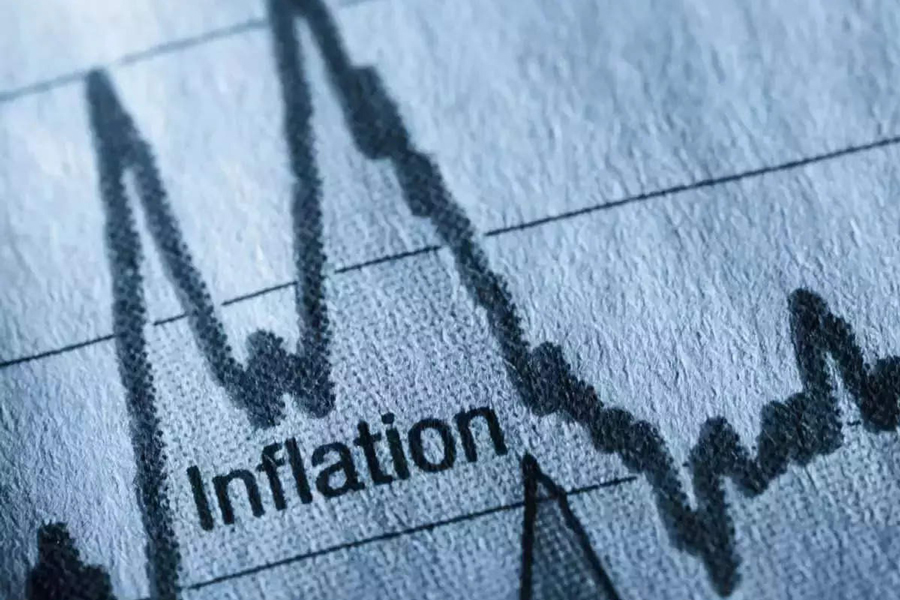

The interim government is reportedly going to be tightfisted while preparing the next national budget with a view to curbing inflation. It aims to bring the inflation down to 6.5 per cent by the next fiscal year (FY2025-26). However, in the current fiscal (FY2024-25) under the revised budget, the Finance Ministry has projected the inflation rate to be at 8.5 per cent, though the overall inflation rate was 9.35 per cent last month (March), slightly higher (driven by non-food items) than the previous month this year, according to the Bangladesh Bureau of Statistics (BBS). Notably, the inflation rate has remained above 9.0 per cent for the last 23 months. In fact, the major driver of the rise in inflation rate in Bangladesh is generally attributed to high price of essential commodities. Now, one wonders, how can the government expect to rein in the inflation rate since just after the Eid it, reportedly, following consultations with the refiners, did substantially raise the per litre retail price of bottled soybean oil by Tk 14 and those of non-bottled varieties of soybean and palm oils by Tk12.
Both these items being kitchen essentials, the decision is definitely going to hit the lives of the low-income section of the population hard by increasing its cost of living further. As it could be gathered, the period of low VAT facility at 5.0 per cent that the oil importers and refiners had been enjoying since mid-December last year having now being over, the prices of the edible oils in question are at present being set according to their rates on the international market. Though the international market for soybean oil reportedly declined by 10 per cent during the January-March period of this year, the government, allegedly, has succumbed to the pressure coming from the edible oil refiners. Prior to the edible oil price hike, there also came an official announcement to raise gas prices by 33 per cent for new industries and gas-based captive power plants. The new measure surely pushes up the cost of production of many industries and discourages new investment at a time when the government has been seriously trying to attract new domestic and foreign investments.
The central bank's decision to continue with the contractionary monetary policy aimed at containing inflation comes into question. What is more important is not any abstract theory that has proved to be effective historically in slowing down economies that get overheated due to high consumer spending. This is a phenomenon often observed in advanced industrial economies and not in a developing economy like Bangladesh where other factors like market distortions caused by syndicates, rent-seeking by powerful quarters while the essential commodities are in transit and disruption of supply chain by various other non-market actors are at work. So, according to some experts, streamlining of inefficient business regulations and untangling supply chains from exploitative practices could help. Also, other means like effective application of stricter law-enforcement measures would be necessary.
Against this backdrop, the government in its upcoming budget would do well to adopt a more balanced and flexible policy to fight inflation while at the same time allowing the economy to grow. The government's actions from various fronts need to be complementary, not contradictory, for the greater good of the country's economy.


 For all latest news, follow The Financial Express Google News channel.
For all latest news, follow The Financial Express Google News channel.